Family mental health therapy offers a holistic approach to improving collective well-being by recognizing the interconnectedness of family dynamics. Through structured sessions involving all family members, it fosters open communication, conflict resolution, and bond strengthening. This method equips families with tools to navigate challenges like substance abuse, anxiety, and trauma, building resilience and creating supportive environments. Recognizing persistent issues like chronic stress or communication barriers signals a need for professional mental health counseling. Therapists create safe spaces, encourage active listening, and teach coping strategies to promote harmonious family dynamics and overall well-being. Evidence-based techniques aim to enhance communication and resolve conflicts. Setting realistic goals with counselors breaks down challenges into manageable steps, adapting to evolving family needs. Ultimately, this therapy acts as a catalyst for self-discovery, growth, and long-term mental health management.
Family mental health therapy is a powerful tool for fostering resilience and enhancing well-being. This comprehensive approach addresses the unique dynamics of family relationships, providing a safe space for open communication and emotional growth. In this article, we explore the multifaceted benefits of family counseling, from improving overall mental health to identifying when professional support is needed. Discover the various techniques therapists employ to strengthen family bonds, set achievable goals for progress, and access valuable resources for sustained well-being through mental health counseling.
Understanding Family Mental Health Therapy: A Comprehensive Approach

Family mental health therapy is a comprehensive approach that focuses on addressing and improving the collective well-being of all family members. Unlike individual mental health counseling, which primarily targets personal issues, this therapeutic method recognizes the interconnectedness of family dynamics and how they impact each person’s mental health. It involves sessions where every family member actively participates, fostering open communication and shared understanding.
Through a series of structured activities and discussions led by a trained therapist, families learn to navigate challenging situations, improve conflict resolution strategies, and build stronger bonds. This holistic process aims to identify and resolve underlying issues that may be contributing to mental health struggles within the family system. By promoting healthier interactions and supportive environments, family mental health therapy empowers families to better cope with stress, enhance emotional well-being, and strengthen their overall resilience.
Benefits of Family Counseling for Overall Well-being

Family counseling, also known as family therapy, offers a multitude of benefits for overall well-being. By bringing all family members together in a safe and supportive environment, mental health counseling allows each individual to express their feelings, understand one another better, and develop healthier communication patterns. This collaborative process helps families address and overcome challenges such as conflict resolution, substance abuse, anxiety, depression, or trauma, thereby strengthening their bonds and fostering resilience.
One of the key advantages is improved family dynamics. Through counseling, each member learns effective coping strategies, enhances their problem-solving skills, and gains insights into their roles within the family unit. This leads to better conflict management, increased empathy, and stronger emotional connections. Additionally, family counseling provides a platform for setting healthy boundaries, promoting open discussions about sensitive topics, and encouraging everyone to contribute to the overall mental health and happiness of the family as a whole.
Identifying When a Family Needs Professional Support
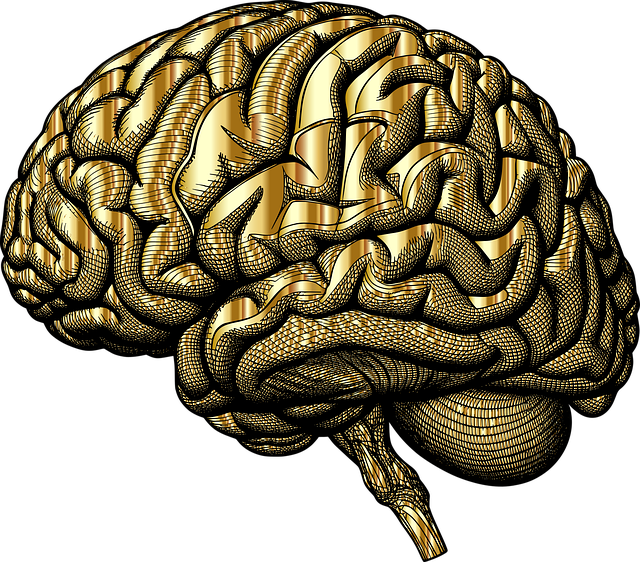
Recognizing the signs that your family needs professional support is an essential step towards fostering better mental well-being. While many challenges and conflicts are a normal part of family life, persistent difficulties that impact daily functioning and relationships may indicate a need for mental health counseling. These issues could range from chronic stress and communication breakdowns to more severe problems like substance abuse or mood disorders.
Parents, caregivers, or any concerned family members might notice changes in behavior, such as increased irritability, withdrawal from social activities, or significant academic decline in children. If these challenges persist despite efforts to resolve them, seeking guidance from a mental health professional is advisable. They can provide assessments, offer tailored strategies, and ensure everyone receives the support they need to navigate through difficult situations effectively.
Types of Mental Health Issues Addressed in Family Sessions
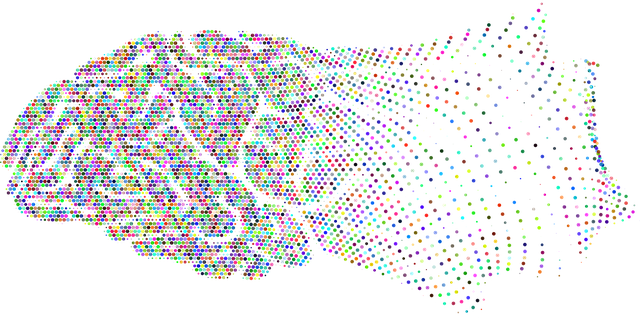
Family mental health therapy sessions are designed to address a wide range of issues that affect the well-being and dynamics of families. These can include depression, anxiety, trauma, and substance abuse, which often manifest in interrelated ways within family units. Mental health counseling for families aims to create a supportive environment where each member feels heard and understood.
During these sessions, therapists facilitate open communication, help identify unhealthy patterns, and teach effective coping strategies. They may also work with families to enhance their problem-solving skills, improve conflict resolution, and strengthen bonds. The goal is not only to treat individual symptoms but also to foster a more harmonious and resilient family system, promoting overall mental health counseling and well-being for all members.
The Role of Therapists in Facilitating Family Communication
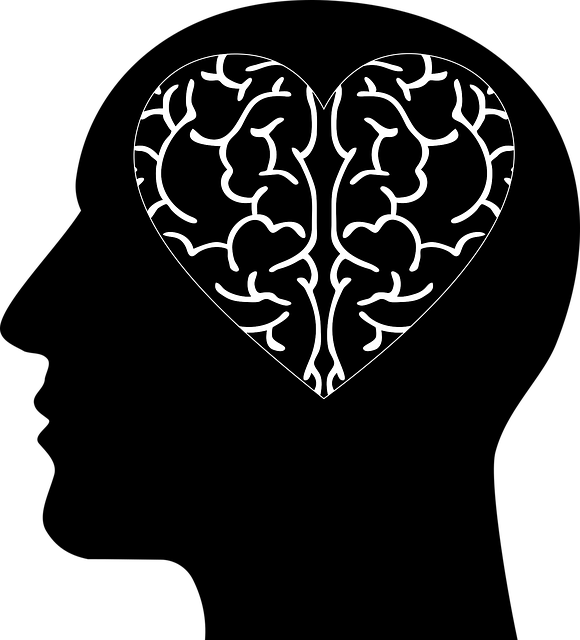
In family mental health therapy, therapists play a pivotal role in facilitating open and honest communication among all members. Through structured sessions, therapists create a safe and non-judgmental space where each individual feels heard and valued. They employ various techniques to encourage active participation, such as active listening, reflective listening, and reinforcement of positive behaviors. By fostering effective communication, therapists help families build stronger bonds, improve conflict resolution skills, and develop healthier interaction patterns.
Mental health counseling in this context goes beyond individual issues; it focuses on the dynamic interplay between family members. Therapists guide families through complex emotions, offering insights into each person’s perspective. This process enables them to understand underlying causes of distress, identify unhealthy communication styles, and work collaboratively towards positive changes. Ultimately, therapists empower families with tools to navigate challenges together, promoting resilience and overall mental well-being.
Creating a Safe and Non-Judgmental Environment During Therapy

In family mental health therapy, establishing a safe and non-judgmental environment is paramount for fostering open communication and encouraging honest expression from all family members. This begins with creating a warm, welcoming atmosphere where each individual feels seen, heard, and respected. Therapists play a crucial role in setting this foundation by demonstrating active listening, empathy, and genuine care throughout the counseling process.
By refraining from judgment or criticism, therapists enable family members to explore sensitive topics without fear of reprimand. This safe space encourages the free flow of emotions, thoughts, and experiences—all essential components for addressing underlying mental health concerns within the family dynamic. Such an environment promotes a sense of trust, allowing families to navigate complex issues together with increased vulnerability and honesty, which is vital for effective mental health counseling.
Techniques Used to Improve Family Dynamics and Relationships

Family therapy sessions often employ a range of evidence-based techniques tailored to address unique family dynamics and relationships. One common approach is structured communication, where therapists guide family members in expressing their thoughts and feelings openly and respectfully. This helps to clarify misunderstandings and improve emotional connection.
Another effective method is problem-solving skills training, equipping families with tools to navigate challenges collaboratively. Through role-playing and practice, family members learn to identify issues, generate solutions, and make decisions together. These therapeutic interventions aim to strengthen communication, resolve conflicts, and ultimately foster a more harmonious family environment through mental health counseling.
Setting Realistic Goals for Family Mental Health Improvement
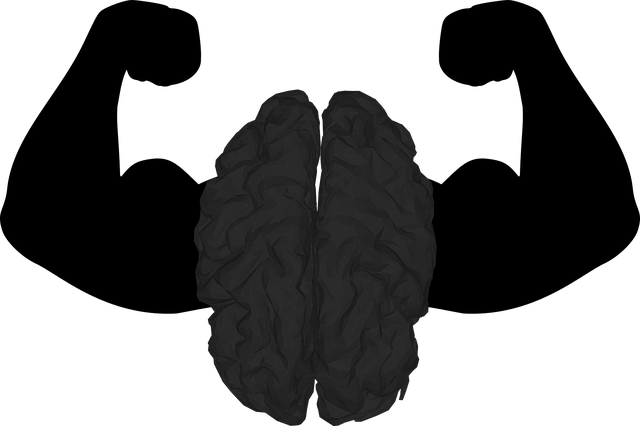
Setting realistic goals is a vital aspect of family mental health therapy, providing a clear path to recovery and well-being. During sessions with a mental health counselor, families can collaborate to identify specific areas for improvement, whether it’s enhancing communication, managing stress, or developing coping strategies for individual members. These goals should be tailored to the unique needs of each family system, considering their dynamics, challenges, and aspirations.
Counselors play a crucial role in guiding families towards achievable objectives by offering support, education, and practical tools. By breaking down larger goals into smaller, manageable steps, families can experience progress and build momentum. Regularly reviewing and adjusting these goals ensures the process remains dynamic and responsive to the evolving needs of each family member, fostering a healthier and more resilient home environment through mental health counseling.
Resources and Support for Continued Growth and Well-being
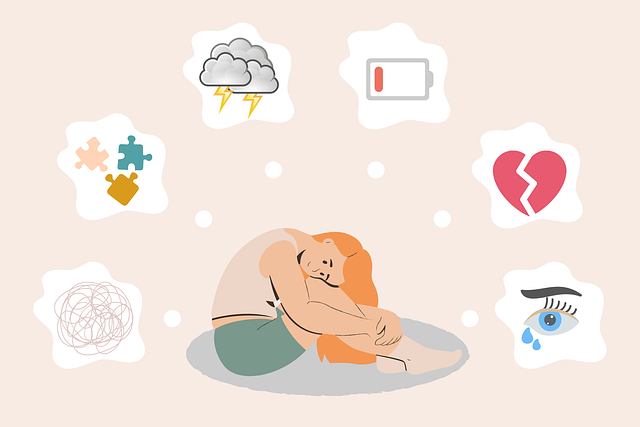
Family mental health therapy often sets in motion a journey of self-discovery and growth for all involved. While the initial stages focus on addressing existing challenges, building a supportive network is crucial for sustained well-being. Resources such as mental health counseling services play a vital role in this process, offering professionals who can guide individuals and families towards coping strategies and healthy communication patterns.
Beyond formal therapy, there are numerous community resources available to foster continued growth. Support groups provide safe spaces to connect with others facing similar experiences, fostering a sense of belonging and shared understanding. Online forums and educational materials offer accessible information on various mental health topics, empowering families to take an active role in their well-being. Cultivating this multifaceted support system ensures individuals have the tools and resources needed to thrive both within and outside the therapeutic setting.
